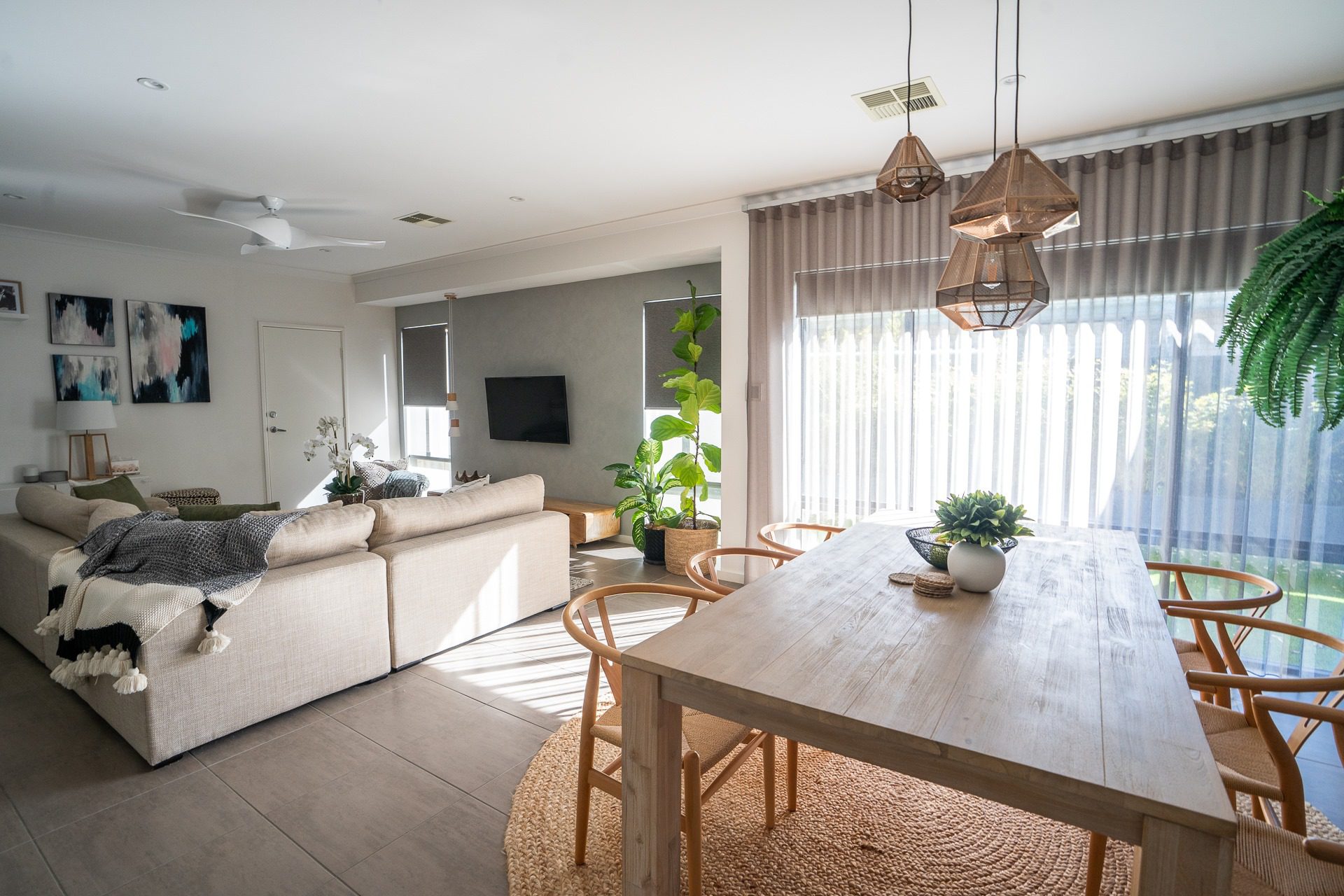Common Question to Ask Before a Home Inspection
The process of purchasing a home can be a complicated one. Depending on the market, some out there may forgo the home inspection, especially if it is competitive or there are multiple offers on a property. But this could lead to many regrets later, especially if problems arise in the home soon after moving in.
No matter what you are purchasing, a house, condo, or townhome, it would be best if you always got a home inspection done to have an unbiased evaluation of the property before making such a significant commitment. But, before committing to a home inspector, there are some common questions that should be addressed.
What Does an Inspector Cost?
The cost of an inspector depends solely on where you live, the size of the property, and what services are included. On average, you should be prepared to pay around $500 for a basic inspection, with additional costs being added if you add mold, termites, and radon testing. You may also see an additional fee if you want them to use thermal imaging to pinpoint water filtration.
Do not simply go with the cheapest inspector when looking at the cost. Keep in mind that they are cheap for a reason, and they are probably inexperienced, or their business is hurting. Instead, compare various inspectors by the services they offer and their qualifications, so you get the most out of your money.
How Do You Find an Inspector?
One of the best ways to find an inspector is by asking friends and family to see if they have experience hiring an inspector and if they would recommend them to do your property. Your real estate agent would also be a great person to ask for recommendations, but remember that they aim to make a sale, so their suggestions may not be as trustworthy. You could also use online databases to search for the best option.
What Should You Ask Before Hiring?
There are many questions you should be asking a potential inspector before you hire them. Firstly, ask them how long they have been in business and how many properties they have inspected. Next, ask about their certification and licensing to ensure they can check homes in your state. Licensing for home inspectors may vary depending on your state, so be sure to look that up to confirm what licensing or certifications they need to be able to inspect your property correctly.
What Do They Inspect?
The home inspector will look into a long list of things when they come to your potential property. Firstly, they look at the home’s structural integrity, such as the foundation, drainage system, and framing, as well as the roof, exterior surfaces, driveway, sidewalks, and fences.
They will inspect the attic, interior plumbing, electrical system, heating, and cooling inside the home. The appliances, such as the water softener, dishwasher, washer, dryer, oven, and refrigerator, will also be looked at to ensure they are running correctly. The basement and garage will also be examined, as well as the home’s insulation and ventilation. Lastly, they will check the security features such as carbon monoxide and fire detectors.
What Are Their Limitations?
There is a limit to what the inspectors can check. They will only inspect what they can see and what they can access. They will not move any furniture or touch personal property during the inspection. Typically, they do not check swimming pools or sheds, although they may note if there are any structural issues or pests that you may need to be aware of, such as termites.
What Is the End Product?
Typically, a home inspection takes around two hours to complete, longer if it is a larger property. Once done, you will get a full report on any issues with images to show the problem.
Ultimately, you will find it worth paying to have an inspector come out and evaluate the property before you take a leap and make such a big purchase.

